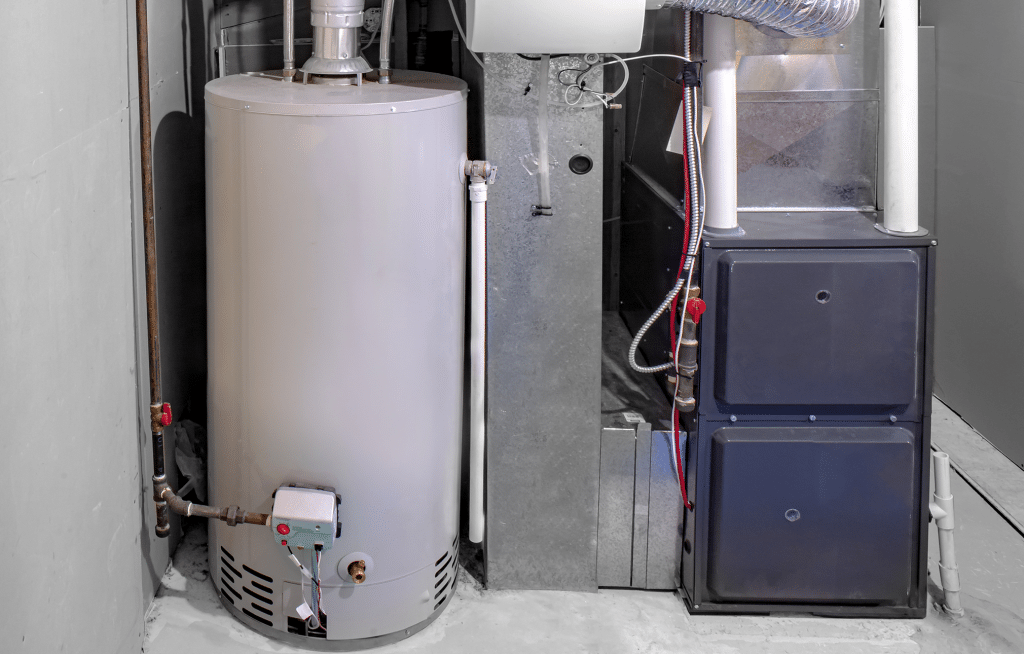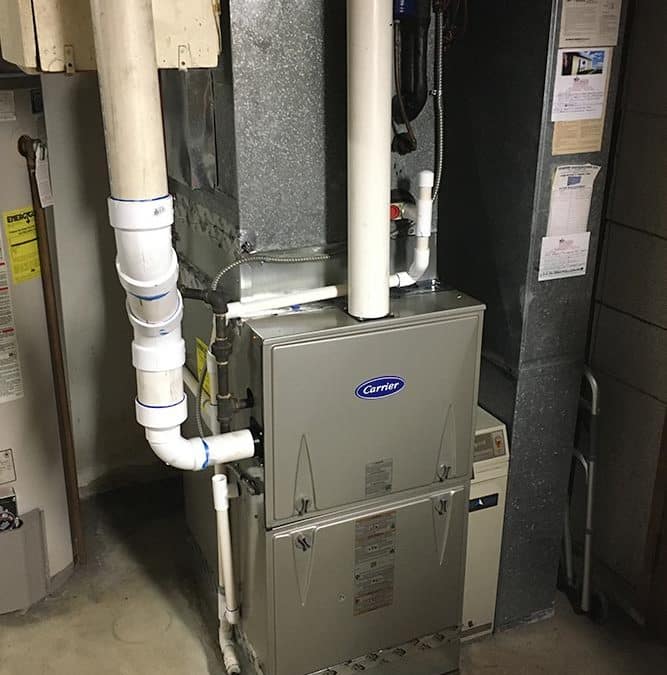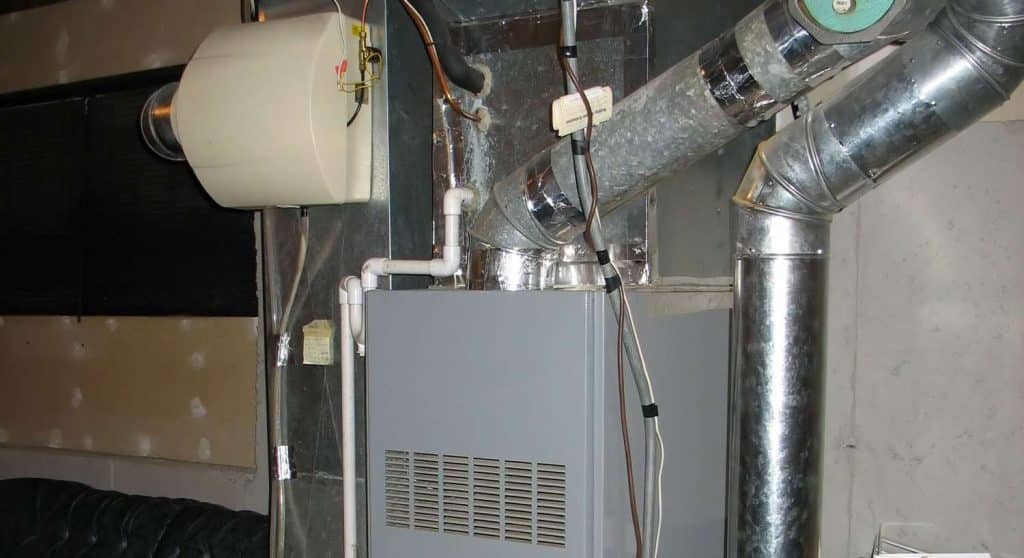Gas furnaces have long been a cornerstone of residential heating systems, offering a reliable and efficient solution for maintaining comfortable indoor temperatures during colder months. However, like any major home appliance, they come with their own set of advantages and disadvantages. In this comprehensive guide, we delve deeper into the intricacies of gas furnace ownership, exploring the benefits, challenges, and potential solutions to help homeowners make informed decisions regarding their heating needs.
Advantages of Gas Furnace Ownership

- High Efficiency: Gas furnaces are renowned for their exceptional efficiency in converting fuel into heat energy. This translates to lower energy consumption and reduced utility bills, providing long-term cost savings for homeowners.
- Rapid Heating: One of the key advantages of gas furnaces is their ability to quickly raise indoor temperatures, ensuring prompt comfort when needed. Unlike some alternative heating systems, gas furnaces offer near-instantaneous warmth, making them particularly appealing during cold spells.
- Cost-effectiveness: In regions where natural gas prices remain competitive, owning a gas furnace can significantly lower heating costs compared to electric or oil-based alternatives. This cost-effectiveness extends over the lifespan of the furnace, offering compelling financial benefits to homeowners.
- Energy Independence: Gas furnaces provide a degree of energy independence to homeowners, as they are not reliant on the electrical grid for heating. This can be particularly advantageous during power outages or grid disruptions, ensuring uninterrupted comfort and safety within the home.
- Environmental Considerations: While not entirely devoid of environmental impact, natural gas is generally considered a cleaner-burning fuel compared to coal or oil. As such, gas furnaces produce fewer greenhouse gas emissions per unit of heat generated, contributing to improved air quality and reduced environmental harm.
Disadvantages of Gas Furnace Ownership

- Initial Cost Outlay: One of the primary barriers to gas furnace adoption is the relatively high upfront cost associated with purchase and installation. While these costs can be offset over time through energy savings, they represent a significant investment for homeowners, particularly those with limited financial resources.
- Carbon Monoxide Risks: Improperly maintained or malfunctioning gas furnaces pose a potential risk of carbon monoxide leaks, which can have serious health implications for occupants. To mitigate this risk, regular maintenance and the installation of carbon monoxide detectors are essential safety measures.
- Ventilation Requirements: Gas furnaces require adequate ventilation to safely expel combustion byproducts, including carbon monoxide and other gases. Ensuring proper ventilation often involves additional installation costs or modifications to existing ductwork, which can further add to the overall expense of owning a gas furnace.
- Dependency on Gas Supply: Homeowners relying on natural gas for heating are susceptible to fluctuations in gas prices and supply, which can impact long-term operating costs. While natural gas remains a relatively affordable and abundant energy source in many areas, external factors such as geopolitical tensions or supply disruptions can lead to volatility in pricing.
- Environmental Impact: Despite being cleaner than some other fossil fuels, natural gas combustion still contributes to carbon emissions and environmental degradation. As concerns over climate change continue to mount, homeowners may face increasing pressure to transition to more sustainable heating alternatives with lower carbon footprints.
Potential Solutions and Mitigation Strategies
While the challenges associated with gas furnace ownership are significant, there are several potential solutions and mitigation strategies that homeowners can explore to address them effectively:

- Energy-Efficient Upgrades: Investing in energy-efficient gas furnaces with high Annual Fuel Utilization Efficiency (AFUE) ratings can help minimize operating costs and reduce overall energy consumption.
- Regular Maintenance: Scheduling regular maintenance checks and inspections by qualified HVAC professionals can ensure that gas furnaces operate safely and efficiently, reducing the risk of carbon monoxide leaks and other hazards.
- Carbon Monoxide Detectors: Installing carbon monoxide detectors in key areas of the home, particularly near sleeping areas, can provide early warning of potential gas furnace malfunctions or leaks, allowing occupants to take prompt action to mitigate risks.
- Improved Ventilation: Enhancing ventilation systems and ensuring adequate airflow around gas furnaces can help mitigate the buildup of combustion byproducts and improve indoor air quality, reducing health and safety risks for occupants.
- Renewable Energy Integration: Exploring opportunities to integrate renewable energy sources, such as solar or geothermal heating, alongside gas furnaces can help reduce reliance on fossil fuels and lower overall environmental impact.
Conclusion
In conclusion, gas furnaces offer a range of benefits, including high efficiency, rapid heating, and cost-effectiveness, making them a popular choice for residential heating. However, they also present challenges such as initial cost outlay, carbon monoxide risks, and environmental concerns that homeowners must carefully consider. By implementing appropriate mitigation strategies and exploring alternative heating solutions, homeowners can maximize the benefits of gas furnace ownership while minimizing potential drawbacks, ensuring safe, efficient, and sustainable heating for their homes.






GIPHY App Key not set. Please check settings